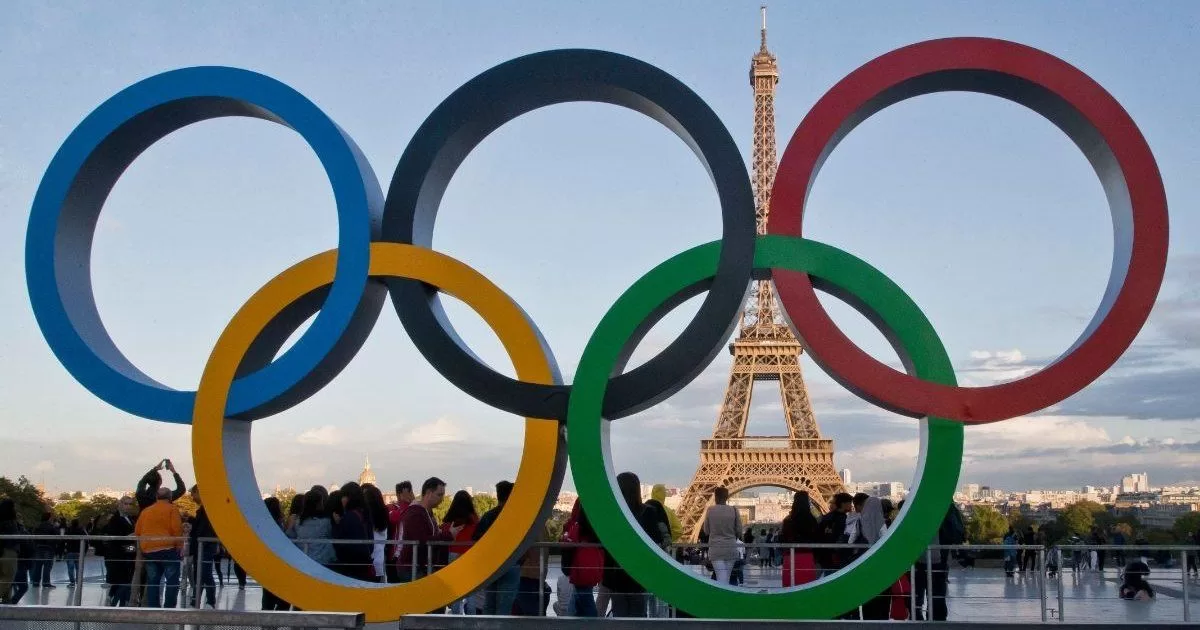I began my career as a literary translator at the same time that I joined the UPV/EHU as a teacher and researcher, in 1989. The Bicentennial of the French Revolution was being celebrated and Alianza Editorial asked Martha Lorente the critical edition and to me the translation of the essay on privileges and What is the Third Estate of Abbe Sieyès, two key works of that historical moment. Thus he began a career parallel to the academic one.
Ten years ago, in a conversation with the editors of Cabaret Voltaire, we decided to ask for the rights to the still unpublished works of annie ernauxNobel Prize for Literature in 2022. The author was already very popular in France but, at that time, in Spain and in Spanish-speaking America she was still unknown.
It may interest you: ”Annie Ernaux: the brutal testimony of aborting in the dark”
A complex writing without complications
In launching into the first of my translations of the works of Ernaux, The frozen womanI immediately had doubts. That flat tongue The one in which the Norman author writes was quite a challenge and, although perfectly understandable, devoid of all lyricism and all artificiality, I found it quite a challenge to translate it into Spanish.
This was influenced by its mathematical or clinical accuracy. Every word is meticulously chosen, every comma is measured; the idioms, the regionalisms, the register changes… everything is conscientiously calculated and I would say ideologically. That’s why he moved slowly, very slowly, with leaden hands.
I also had to turn to the author, to whom I sent emails expressing my doubts. She immediately answered me herself, enlightening, kind, generous, close.

In that work I advanced rapidly. Although she herself compared her literary style with the one she used to write a postcard to her parents, her writing, labeled as “white”, neutral, or literary, seemed to me “transparent”, without ambiguities, without that confusion that sometimes surrounds a text and that makes it difficult for us to understand it.
Although to read a text there is no reason to understand everything, each of its words, to translate it yes. Fortunately, in that sense I understood, with very rare exceptions, everything that Ernaux he said with each of his words. From time to time a Norman term would throw me off my feet, but fortunately there are Norman-French dictionaries that solved the specific problem.
However, as I got deeper into the texts, I became aware of the difficulty of writing Ernaux. I realized when I reread myself and saw that the Spanish she was using was nothing like the one she had used until then, neither as a writer nor as a translator. She was inventing a new Spanish for a different French. At each step she found familiar words that, placed there, seemed not to be in her place.
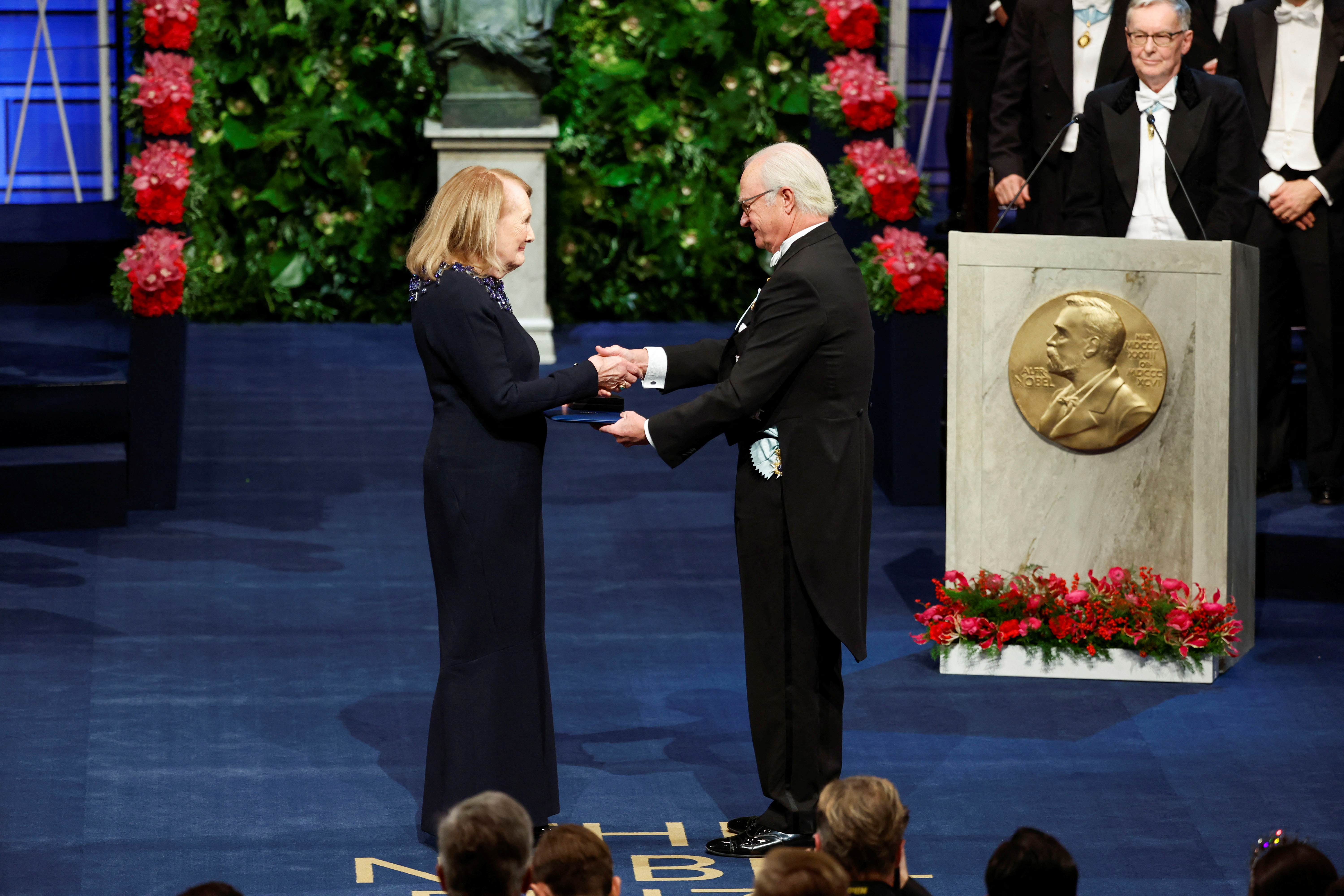
Then I would check the French dictionary, and I would realize that this word that I thought I knew had another meaning, generally more important than the commonly known one, which was the one used by the writer. Thus, little by little, I was enriching my personal French dictionary, not so much with new or rare words as with meanings that gave words a thickness or density unknown until then.
For example in empty closets, Ernaux mentions “le quat’sous”. Quat’sous either four sous, literally “four cents”, in French is used to define something worthless. But she uses that expression to name the female sex (according to the children’s lexicon of her native Normandy at her time). I knew the first meaning but not the second. Discovering it helped me to understand the polysemy of quat’sous and be able to translate it into Spanish as piggy bank.
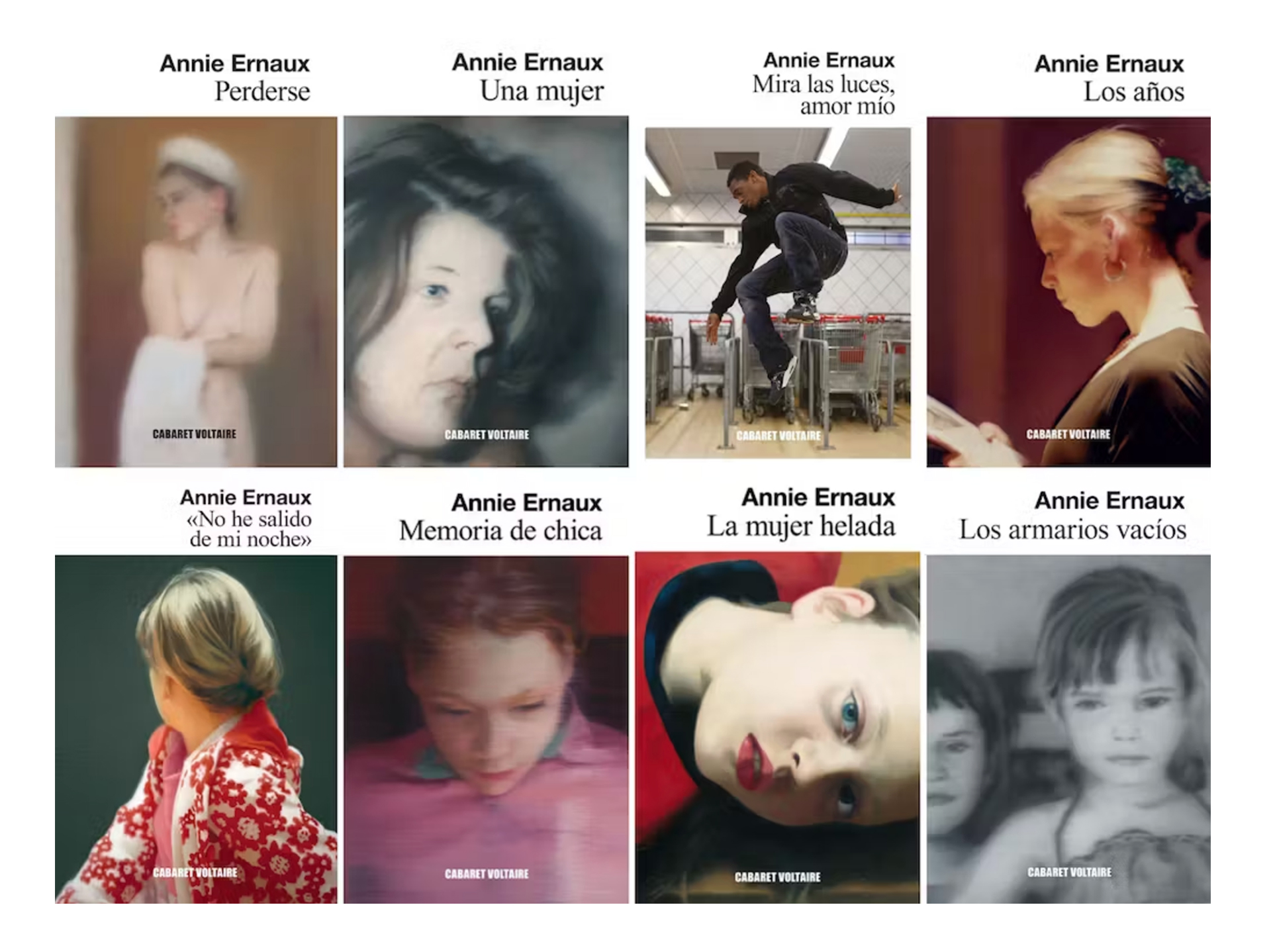
Not only words are translated, but experiences
The difficulties of translating autobiographical writing, or socio-autobiographical, as she calls it, also began to appear. Far from being a belly button writing, his concern resides, on the contrary, in telling what the dramas and adventures of his life have in common with ours.
So that, annie ernaux I constantly quoted, as part of the autobiographical fabric, songs, books, movies, radio and television programs that I either did not know, or if I did know, I had to remember in order to incorporate them as experiences in order to be able to translate well. Needless to say, the translation slowed down, since practically in every sentence there were one, two or more doors that I had to open to see what was inside, before continuing.
In addition, there is the problem of adaptation. In many cases it is enough to add the interpreter or the author, but in other cases you have to find the equivalent in Spain, and that is not always easy. It can even become a game, like when you have to find an ad that has the same sound, the same rhythm or a similar rhyme. I have to admit that, although it is not always easy, I usually have a lot of fun searching.
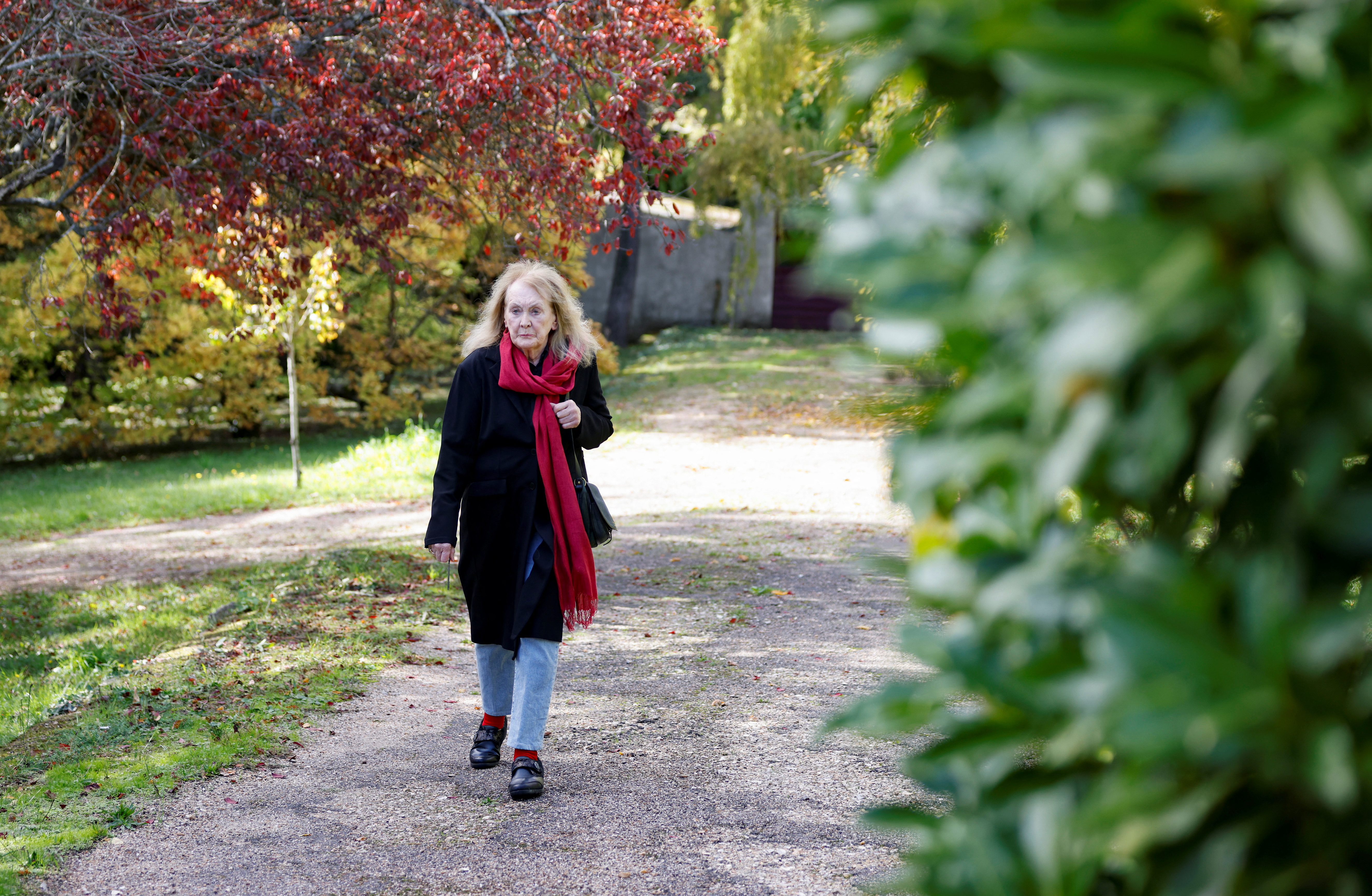
For example, in the original version of The years, Ernaux writes: “Le comme de la religieuse est de vivre en vierge et mourir en sainte”. The play on words stems from the fact that in sainte (in santa) sounds in French the same as enceinte (pregnant). The Spanish translation was changed to “The last straw for a nun is to get sick and have no cure.”
At another time the following dialogue occurs:
“Qu’est-ce que les fiançailles?” (What is courtship?).
—A with promises (compromis is “commitment” but con promis is a “promised pussy”).
In Spanish it was changed to “Honey, what are you and me? / Two pronouns”.
Or the moment when a nursery rhyme is mentioned, “On jouait au mouchoir, à la bague d’or, à la ronde en chantant Bonjour Guillaume as-tu bien déjeuné”, which ended up being “We played the handkerchief, the ring, the potato circle singing we will eat salad as the gentlemen eat, little oranges and lemons”.
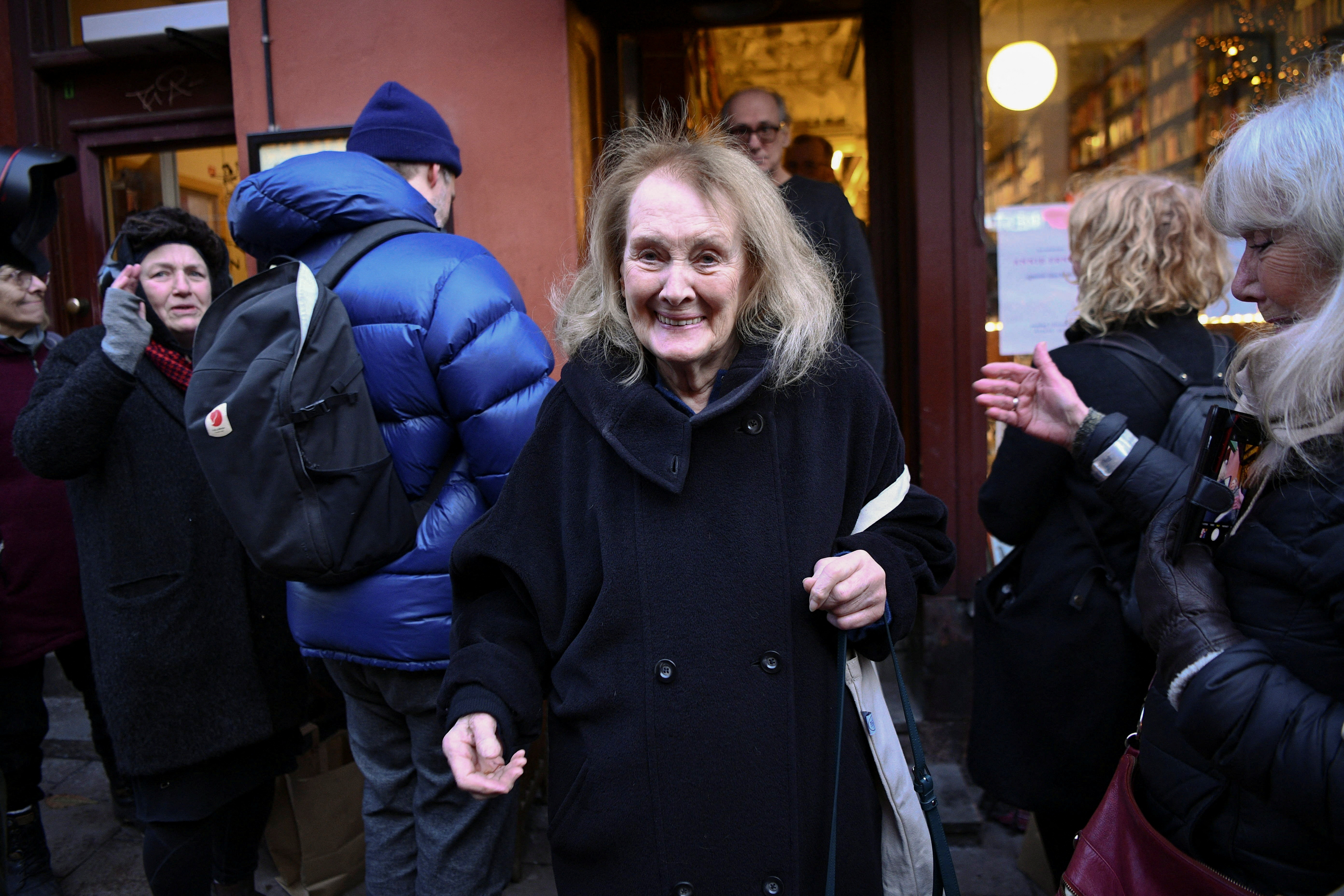
In that novel, young people also speak backwards, in see themthat is to say to verrés (reverse), so as not to be understood by adults. Although it is not as widespread a practice in Spain as it is in France, the phenomenon did exist, at least in my childhood, and we liked to talk to each other. verrésand we told each other the tale of Tacirupeca jarro (Little Red Riding Hood) and we laughed at our friend whose name was Sarro (Rosa).
So I decided to adopt the verrés, although the reader may be a little surprised at first, because I am sure that he will understand the mechanism, which will allow him to better understand the phenomenon in France. Thus, “party” becomes taffies or Arabs (translated from beurswhich is “Arabic” in verlan) becomes besraas.
It’s getting harder and harder for me to translate annie ernaux. Because I have understood the great difficulty of his writing, a writing where each word weighs a kilo, at least, and is chosen conscientiously.
But I like it more and more.
* She is a professor of French Philology and translator, University of the Basque Country / Euskal Herriko Unibertsitatea.
A version of this article was published on Campusa, the UPV/EHU news website.
Originally posted on The Conversation.
Keep reading

